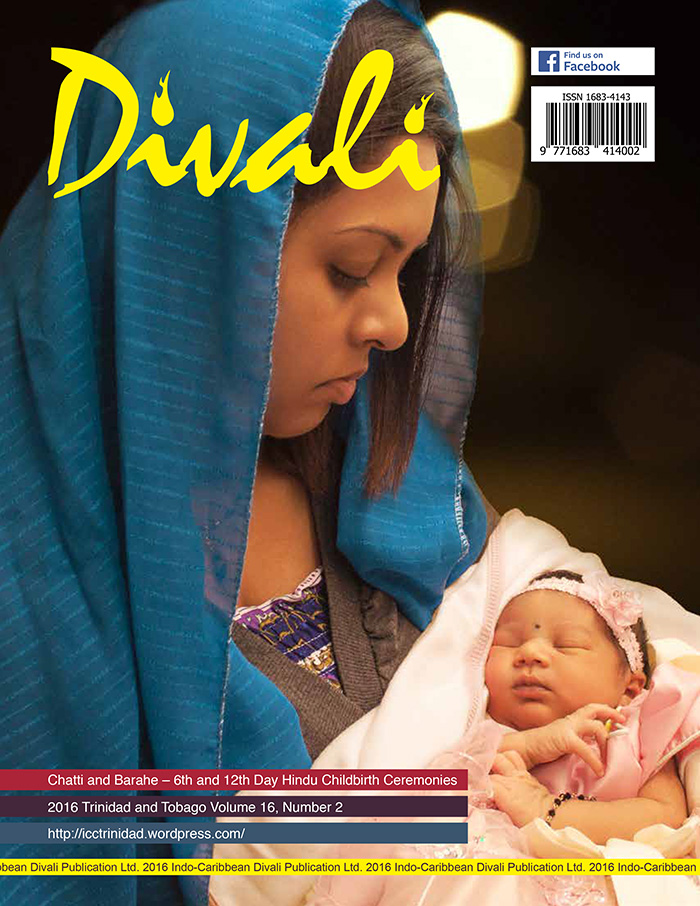
is a full-time anthropologist at the University of Guyana (UG) and Fellow of The Eccles Centre for American Studies, British Library (2022-23). He is a former Assistant Professor at the University of Trinidad and Tobago (UTT). He obtained his Ph.D. in Anthropology from the University of Florida (UF). As a doctoral student, he won a Florida Caribbean Institute Award, an A. Curtis Wilgus Grant, and an Organization of American States (OAS) Fellowship.
Mahabir received a National Award (Hummingbird Silver Medal) for his contribution to education in his country in 2011. He was among 50 recipients who received a Distinguished Alumni Award from the UWI Alumni Association.
Mahabir is the author of 12 books to date.

